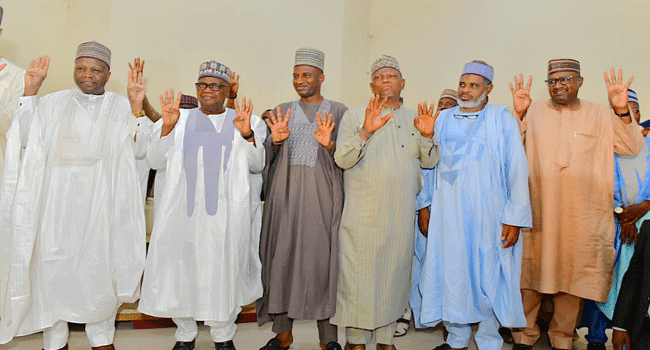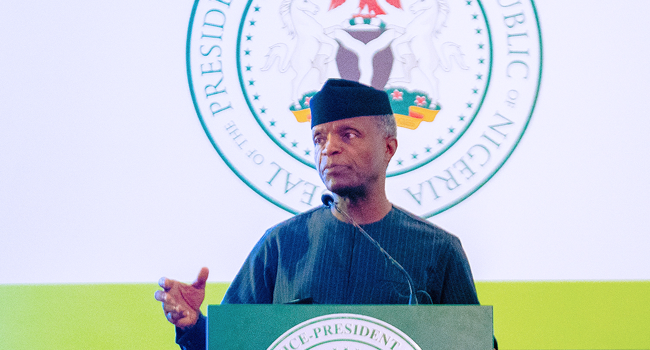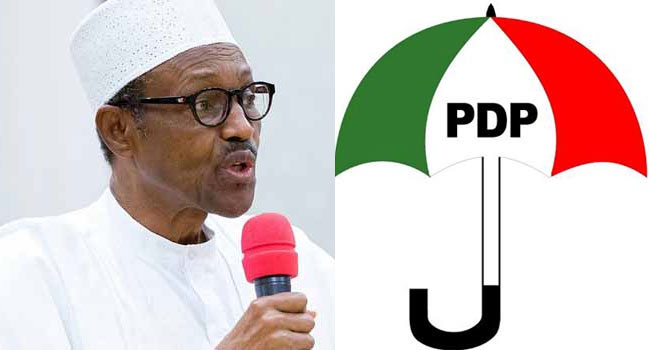
Mr Kuku was a guest on Channels Television’s flagship breakfast programme, Sunrise Daily, where he discussed the crisis situation in the country, digging from his experience as one of the key players in solving the challenge of militancy in the Niger-Delta region.
He explained that solving the problem of the Boko Haram sect was dependent on how much information the people of the local communities are able to provide to their local chiefs, local government leaders and security agencies.
Answering questions about the safety of people who provide information, particularly with reference to the killing of an Islamic cleric, Sheik Albani, in Kaduna State, Kuku maintained that the killing of Albani was one waiting to happen and which could have been avoided with the right information.
He noted that the Boko-Haram crisis was not a religious issue but wholly about a sect that wants to impose its will on a country, and this explains why both Christians and Muslims were being attacked.
He cited the processes used in solving the Niger-Delta crisis through the help of persons who volunteered to speak with the key players in the militancy, based on their personal relationships with them or communal links to them and their families.
He also mentioned notable Nigerians from the Niger-Delta region who joined in the negotiations, including President Goodluck Jonathan, who then was a Deputy-Governor in Bayelsa State and Chief Tony Anenih who he said offered to lay down his life despite being from Edo State which was not among the states under the attacks by the militants.
The Special Adviser to the President on Niger Delta Affairs, said that those who are criticizing Government and blaming President Goodluck Jonathan out of ignorance were just wasting their time and postponing the doom day for Nigeria, insisting that this was a case of terrorism and it should not be politicised.
Kuku also took a swipe at the Interim National Publicity Secretary of the All Progressives Congress, APC, Mr Lai Mohammed, who appeared on Sunrise Daily a day before. He berated the APC leader for what he termed “performing at his lowest” despite his intelligence, during the interview where he accused the Government of lacking strategic discipline in the fight against the insurgents.
He explained that these insurgents have been heard speaking a totally foreign language, which is neither Hausa nor any of the languages spoken in Nigeria, insisting that the people must rise to fight this invasion by foreigners.
On the availability of a secure network to protect people who provide information, he regretted that some unsuspecting Nigerian youths have been indoctrinated into the violence under the guise of fighting a just cause, but it must be noted that there are also some elders who constantly condemn those youths and they can still be of help in the mission to end insurgency in Nigeria.
He admitted that the sect and their agitation had existed since the administration of former president, Olusegun Obasanjo, but it became political during the administration of President Goodluck Jonathan owing to its fanning by some Nigerian politicians who were playing politics with the sect’s agitation for a Muslim president without looking at the future implication of their actions which has now snowballed into the current situation.
The response time of security agents to distress calls also came to the fore. Mr Kuku vehemently refused to admit that the Nigerian military was slow in responding to calls of people under attack. He explained that the land mass of the North-east was a peculiar one that does not make it realistic for troops to get on the road immediately they receive calls, when they only have to connect with their men who are closest to the crisis location.
Mr Kuku insisted that the Nigerian Army had done very well in the fight against insurgents in the North-east and could not have done better under the circumstances in which they were operating. He insisted that criticism of the forces was unfair and should not be politicised.




